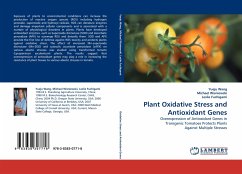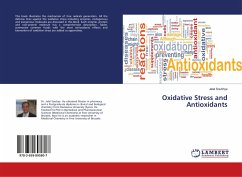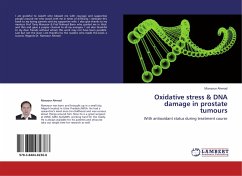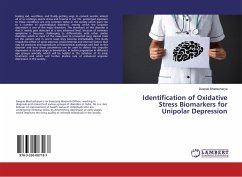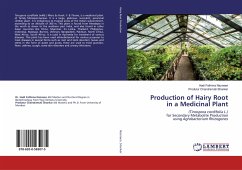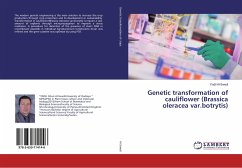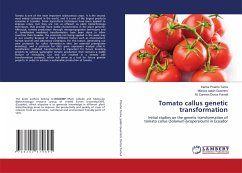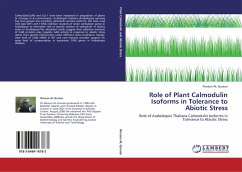Exposure of plants to environmental conditions can increase the production of reactive oxygen species (ROS) including hydrogen peroxide, superoxide and hydroxyl radicals. ROS can denature enzymes and damage important cellular components and is associated with a number of physiological disorders in plants. Plants have developed antioxidant enzymes, such as Superoxide dismutase (SOD) and Ascorbate peroxidase (APX) to scavenge ROS and detoxify them. SOD and APX provide the first line of defense against ROS toxicity and protects plants against oxidative stress. The effect of increased Mn-superoxide dismutase (Mn-SOD) and cytosolic ascorbate peroxidase (cAPX) on various abiotic stresses was studied using transformed tomato (Lycopersicon esculentum) plants. The results suggest that overexpression of antioxidant genes may play a role in increasing the resistance of plant tissues to various abiotic stresses in tomato.
Bitte wählen Sie Ihr Anliegen aus.
Rechnungen
Retourenschein anfordern
Bestellstatus
Storno

